Pasty Butt also known as pasted vent and pasting up is a condition that occurs in baby chicks when droppings stick to the down surrounding their vent; poop builds up to form a blockage that can be fatal to the chicken unless removed. Causes, treatment and prevention are discussed below.
CHICK ANATOMY
All baby chicks have both vents and navels/belly buttons which should not be confused with one another.
The vent is the orifice from which chickens pass bodily waste and from which hens pass eggs. The belly button is located just beneath the vent. Just as in human babies, after birth/hatch there is a small amount of tissue that must dry up and fall off the belly button. This dried tissue should not be confused with droppings and should never be pulled off as doing so could disembowel the chick.
It is very common for chicks sold commercially to have pasty butt.CAUSES OF PASTY BUTT
- stress and being cold, most commonly seen in chicks shipped through the mail
- over-heating, most often due to heat lamps
- improper diet (treats and snacks of any kind are a common culprit- skip the treats!)
- less common causes include viral or bacterial infections and all of which can result in diarrhea
All newly acquired chicks should be checked upon arrival home. Those with pasted vents should be cleaned and monitored for recurrence. Not all poop near the vent is concerning or actionable; a vent blockage is a problem, not mere droppings surrounding the vent.
TREATMENT
I have found that the fastest and safest way to treat pasty butt is to wash the chick’s butt under lukewarm running water. Work quickly in a warm room to prevent chilling. When the droppings soften, gently coax the poop off the down without pulling to avoid tearing the chick’s skin. Never pull!
I do not recommend putting any type of Vaseline or oils on the vent area; they tends not to be effective at achieving the intended result and can have the undesirable effect of drawing attention to that area of the chick from other chicks. This can result in a dangerous picking situation. Better to avoid entirely and simply monitor the chicks’ hygiene regularly.
Towel dry the chick, then use a hair dryer on low heat to dry the down completely. As you can see from the photo above, the vent is pink and obvious when wet, which would put the chick at risk of pecking from other chicks if returned to the brooder damp.
The Brinsea EcoGlow Brooder keeps chicks warm and happy without the risk of overheating.
The Brinsea EcoGlow Brooder keeps chicks warm and happy without the risk of overheating.PREVENTION
- Maintain proper brooder temperatures
- Consider switching from heat lamps to a radiant heat source such as an EcoGlow brooder, which will eliminate the possibility of overheating chicks.
- Add probiotics to the chicks’ water (most nutritionally complete chick starter feeds contain prebiotics and probiotics; if yours does, it is not helpful to add more to the water)
- If several chicks develop pasty butt after a few days in the brooder, it may be too hot and the temperature should be adjusted.
- Don’t offer treats to chicks. They’re not helpful and can cause digestive tract upset, wonky droppings, nutrient imbalance, behavioral, growth and development problems. (If offering any foods other than starter feed against the aforementioned advice, offer grit. Grit can be sand, or crushed granite, which can be found in feed stores and online.)
Kathy Shea Mormino
Affectionately known internationally as The Chicken Chick®, Kathy Shea Mormino shares a fun-loving, informative style to raising backyard chickens. …Read on


shop my SPONSORS
Pasty Butt also known as pasted vent and pasting up is a condition that occurs in baby chicks when droppings stick to the down surrounding their vent; poop builds up to form a blockage that can be fatal to the chicken unless removed. Causes, treatment and prevention are discussed below.
CHICK ANATOMY
All baby chicks have both vents and navels/belly buttons which should not be confused with one another.
The vent is the orifice from which chickens pass bodily waste and from which hens pass eggs. The belly button is located just beneath the vent. Just as in human babies, after birth/hatch there is a small amount of tissue that must dry up and fall off the belly button. This dried tissue should not be confused with droppings and should never be pulled off as doing so could disembowel the chick.
It is very common for chicks sold commercially to have pasty butt.CAUSES OF PASTY BUTT
- stress and being cold, most commonly seen in chicks shipped through the mail
- over-heating, most often due to heat lamps
- improper diet (treats and snacks of any kind are a common culprit- skip the treats!)
- less common causes include viral or bacterial infections and all of which can result in diarrhea
All newly acquired chicks should be checked upon arrival home. Those with pasted vents should be cleaned and monitored for recurrence. Not all poop near the vent is concerning or actionable; a vent blockage is a problem, not mere droppings surrounding the vent.
TREATMENT
I have found that the fastest and safest way to treat pasty butt is to wash the chick’s butt under lukewarm running water. Work quickly in a warm room to prevent chilling. When the droppings soften, gently coax the poop off the down without pulling to avoid tearing the chick’s skin. Never pull!
I do not recommend putting any type of Vaseline or oils on the vent area; they tends not to be effective at achieving the intended result and can have the undesirable effect of drawing attention to that area of the chick from other chicks. This can result in a dangerous picking situation. Better to avoid entirely and simply monitor the chicks’ hygiene regularly.
Towel dry the chick, then use a hair dryer on low heat to dry the down completely. As you can see from the photo above, the vent is pink and obvious when wet, which would put the chick at risk of pecking from other chicks if returned to the brooder damp.
The Brinsea EcoGlow Brooder keeps chicks warm and happy without the risk of overheating.
The Brinsea EcoGlow Brooder keeps chicks warm and happy without the risk of overheating.PREVENTION
- Maintain proper brooder temperatures
- Consider switching from heat lamps to a radiant heat source such as an EcoGlow brooder, which will eliminate the possibility of overheating chicks.
- Add probiotics to the chicks’ water (most nutritionally complete chick starter feeds contain prebiotics and probiotics; if yours does, it is not helpful to add more to the water)
- If several chicks develop pasty butt after a few days in the brooder, it may be too hot and the temperature should be adjusted.
- Don’t offer treats to chicks. They’re not helpful and can cause digestive tract upset, wonky droppings, nutrient imbalance, behavioral, growth and development problems. (If offering any foods other than starter feed against the aforementioned advice, offer grit. Grit can be sand, or crushed granite, which can be found in feed stores and online.)



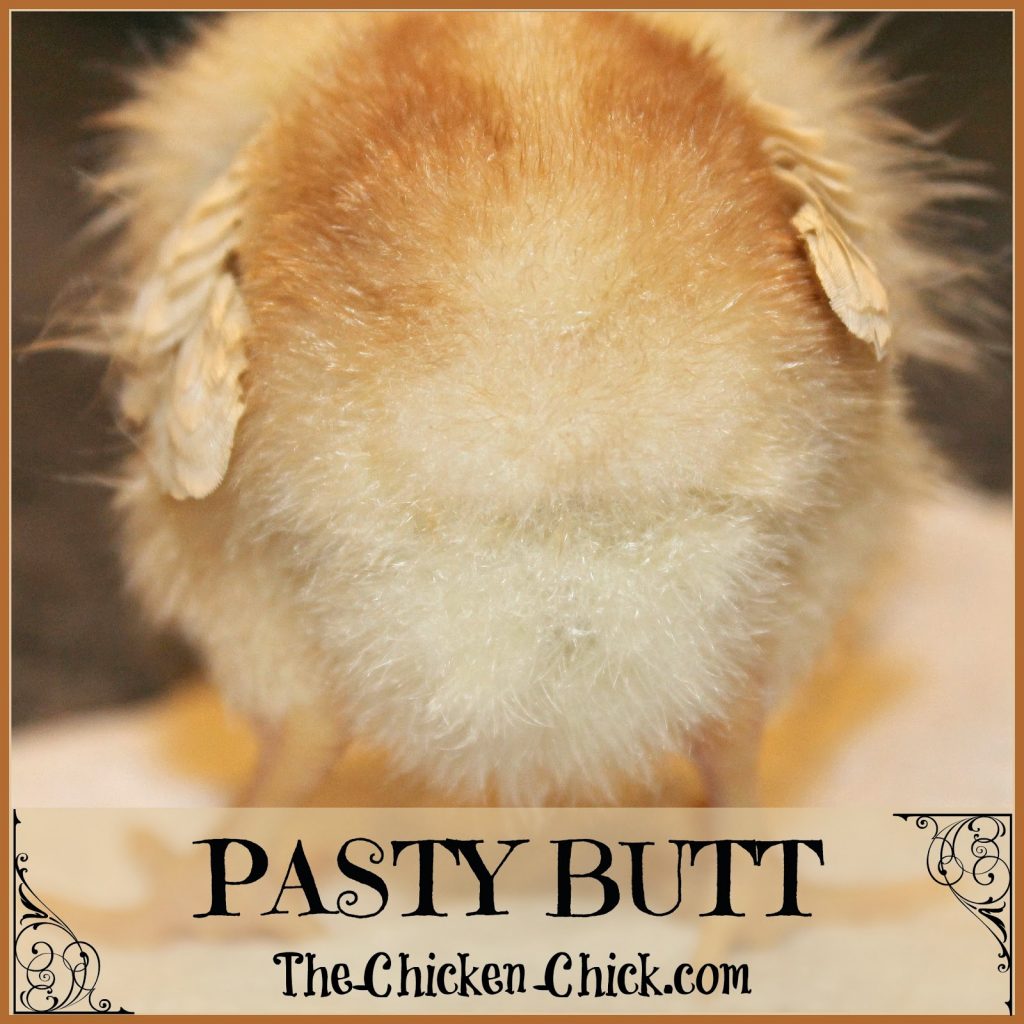
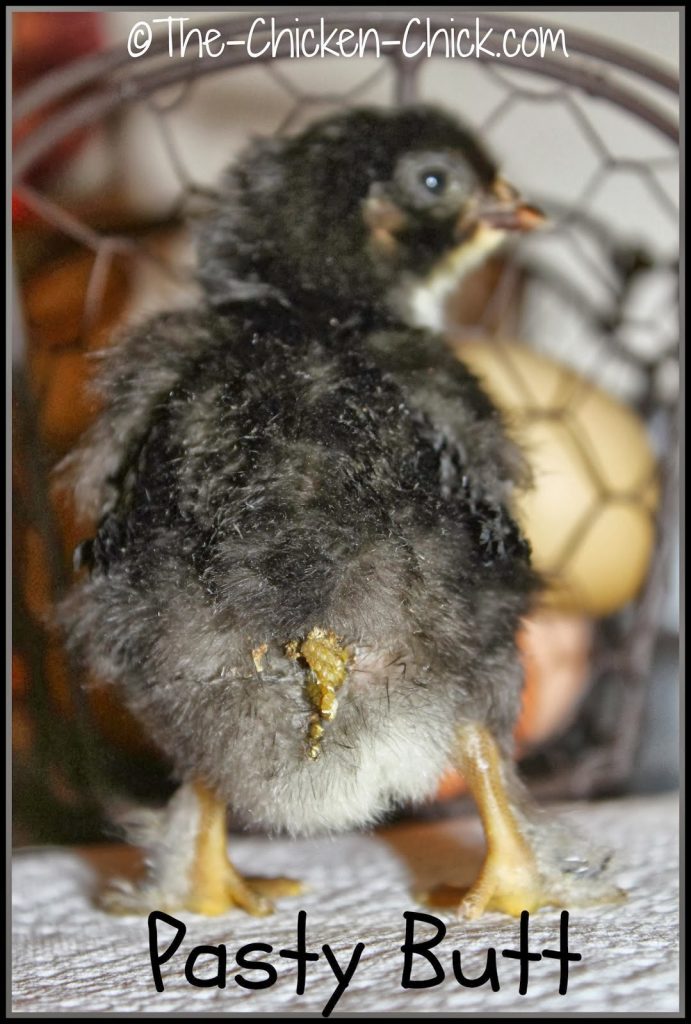
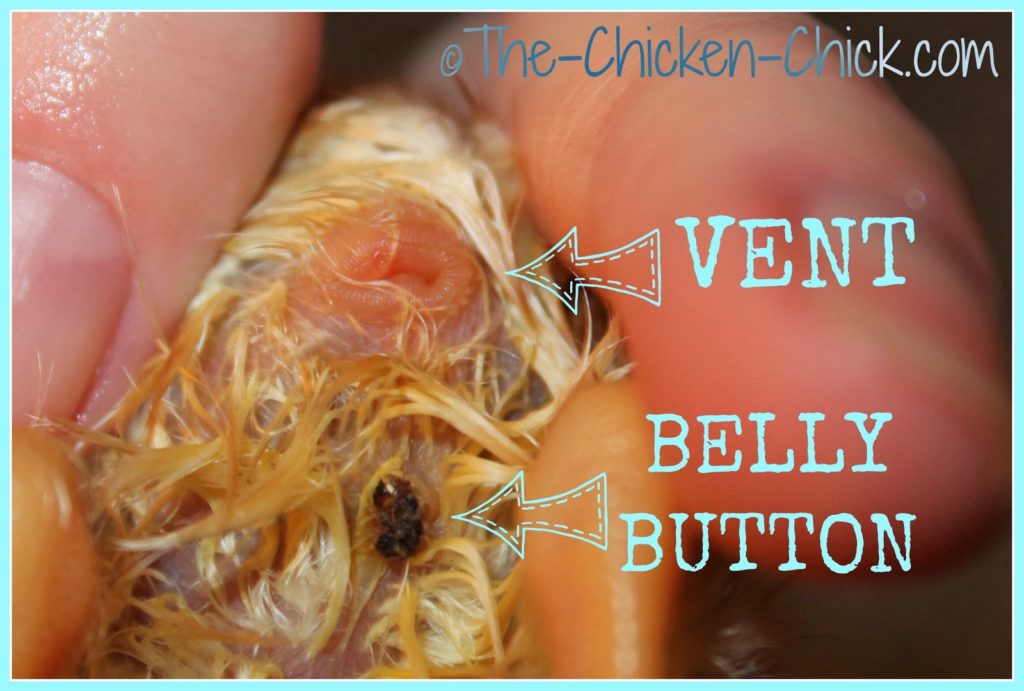
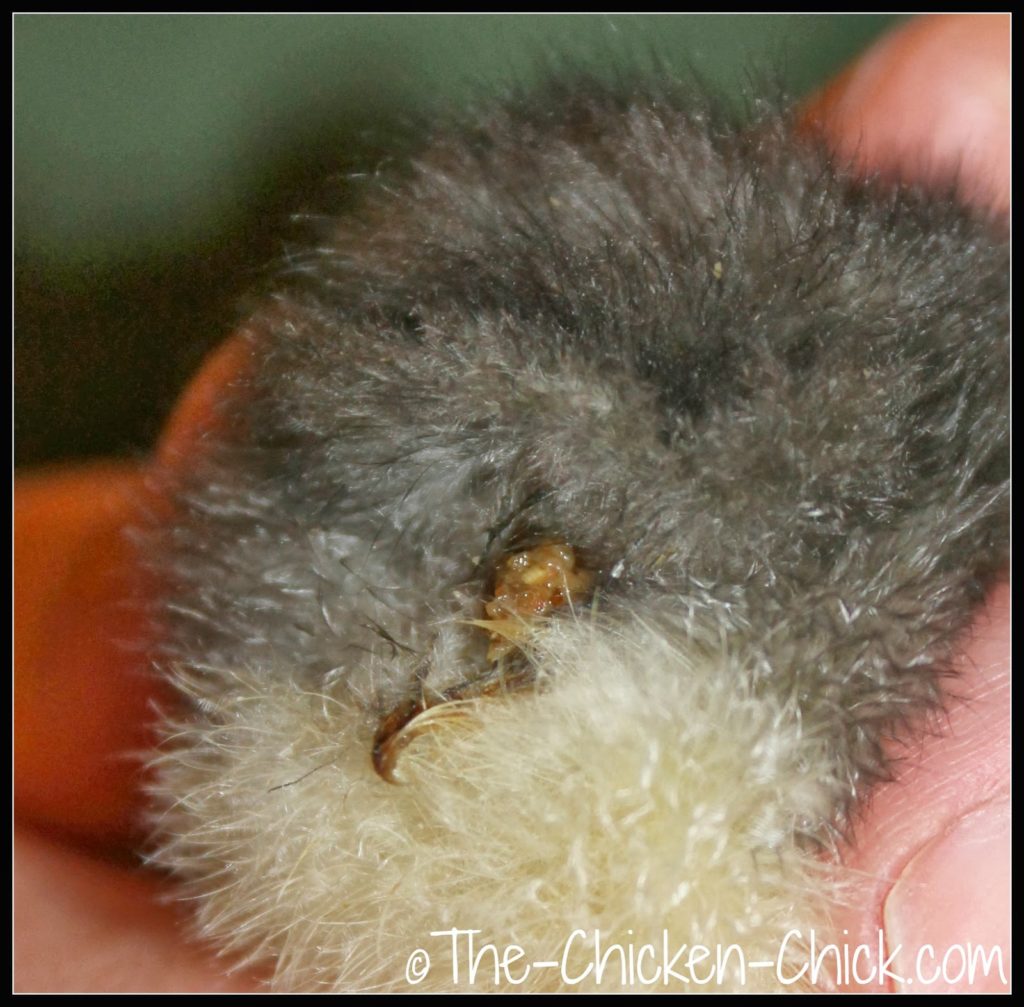
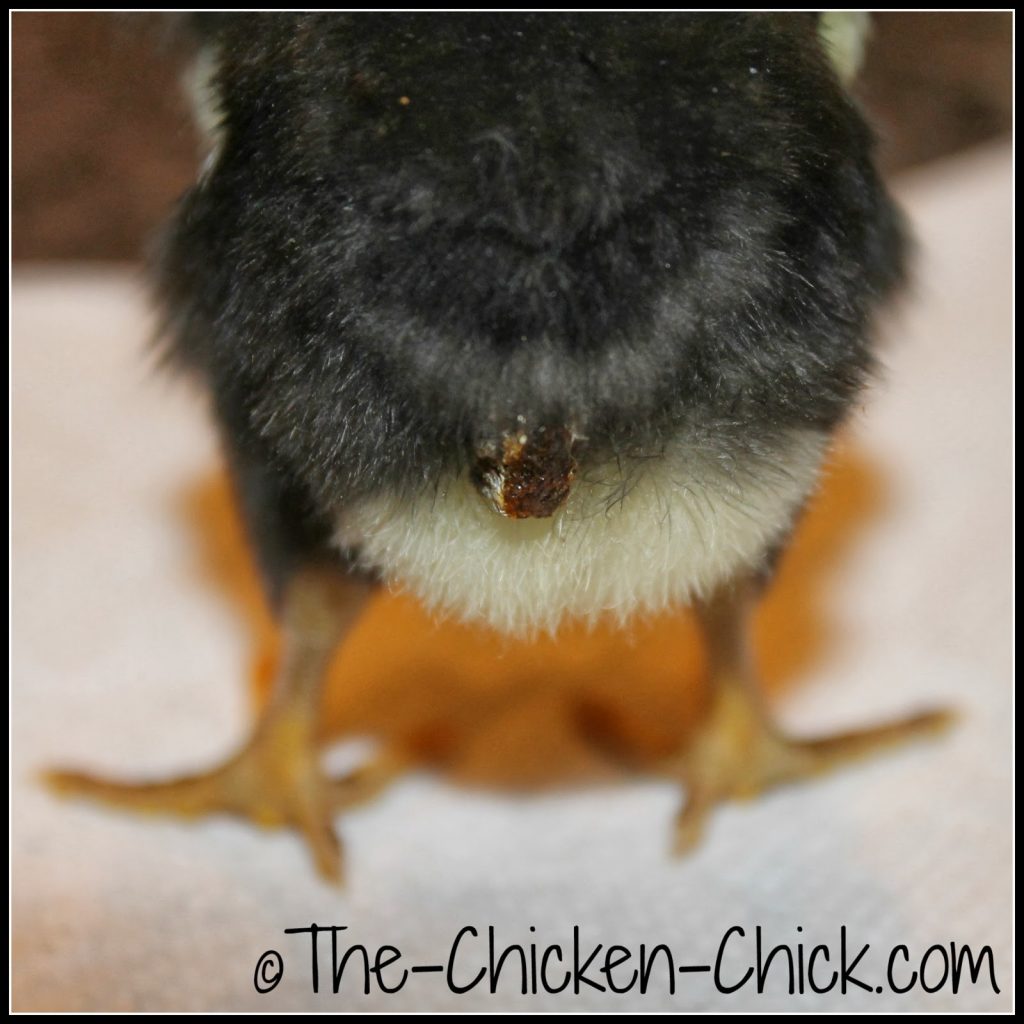
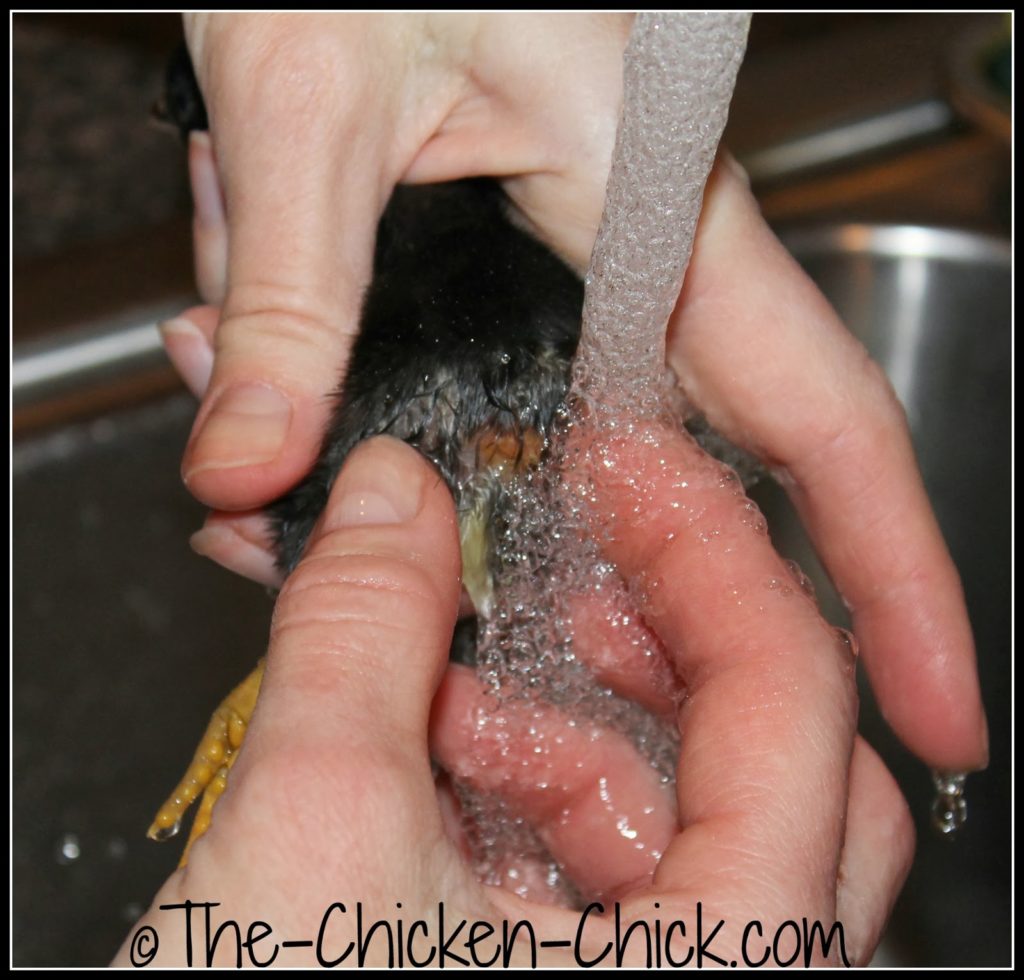
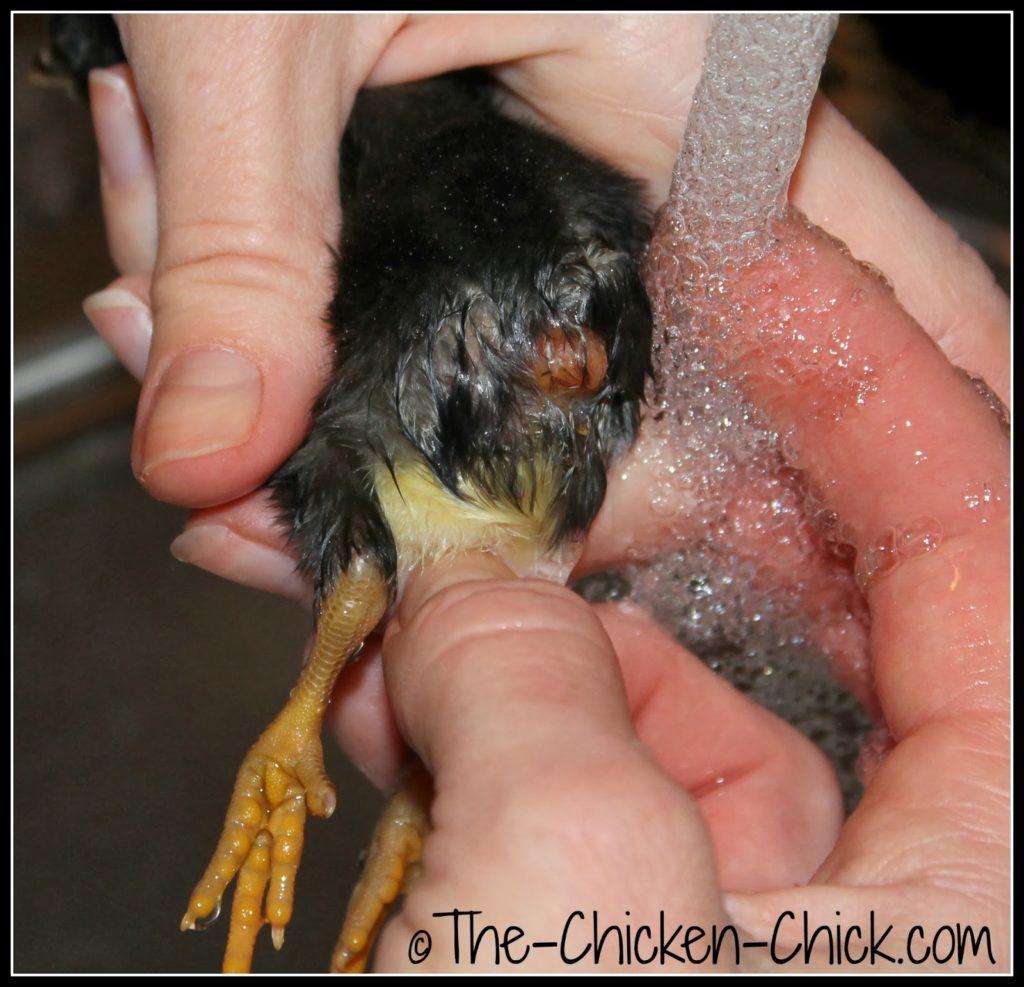
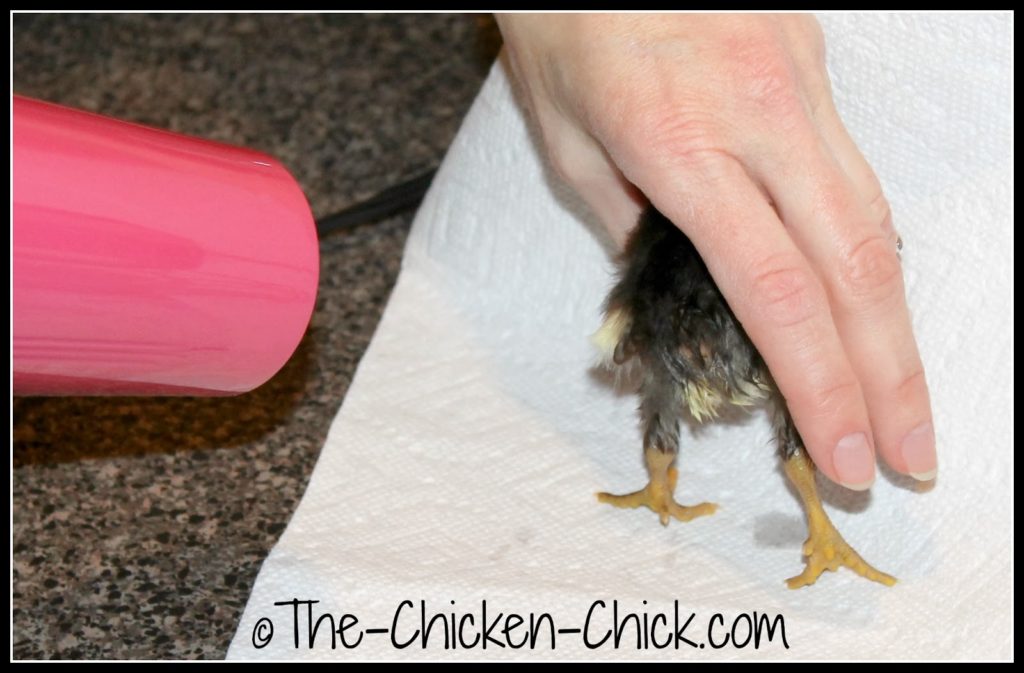
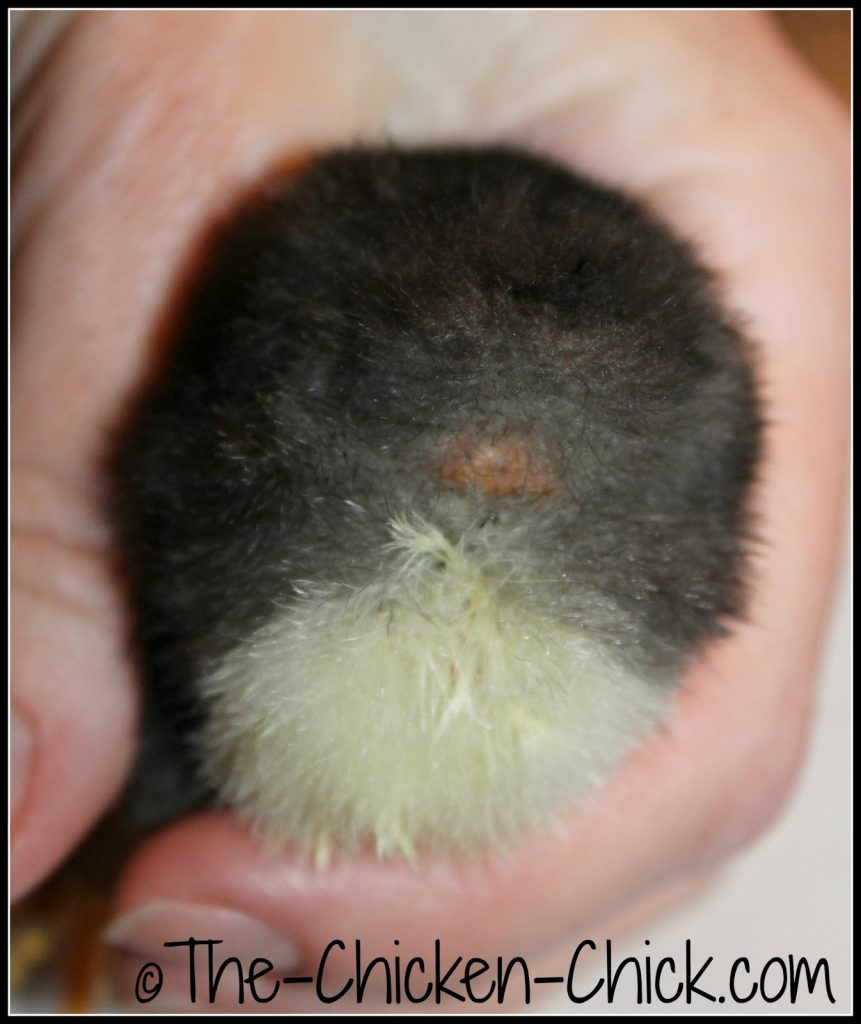
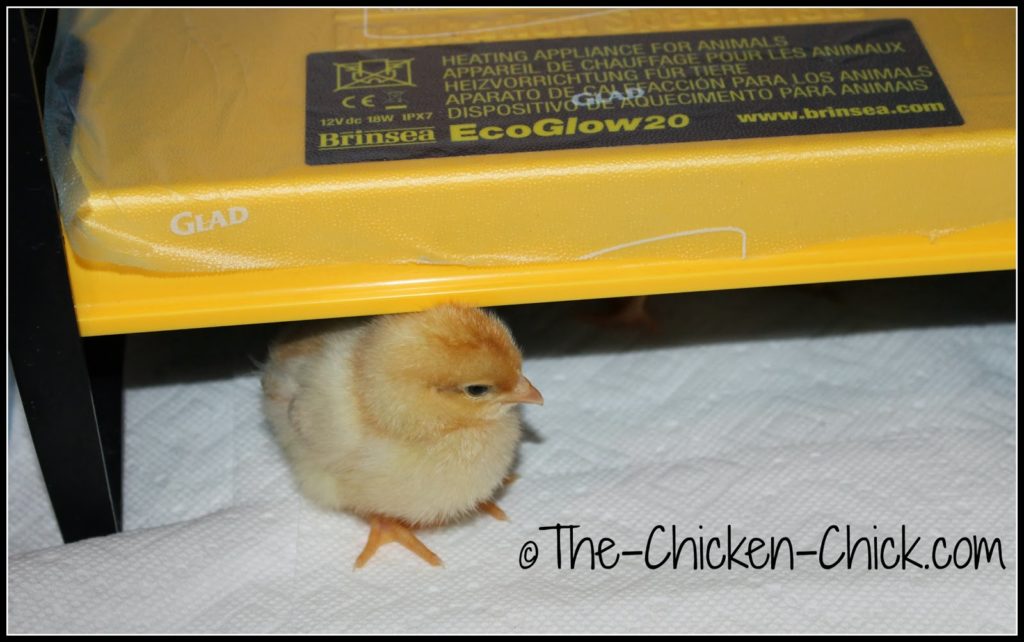
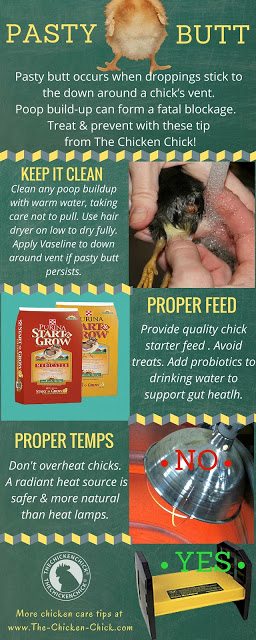
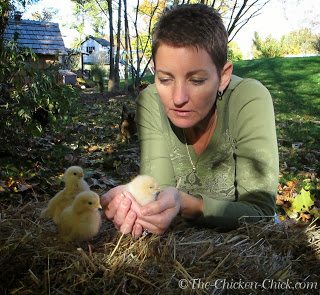













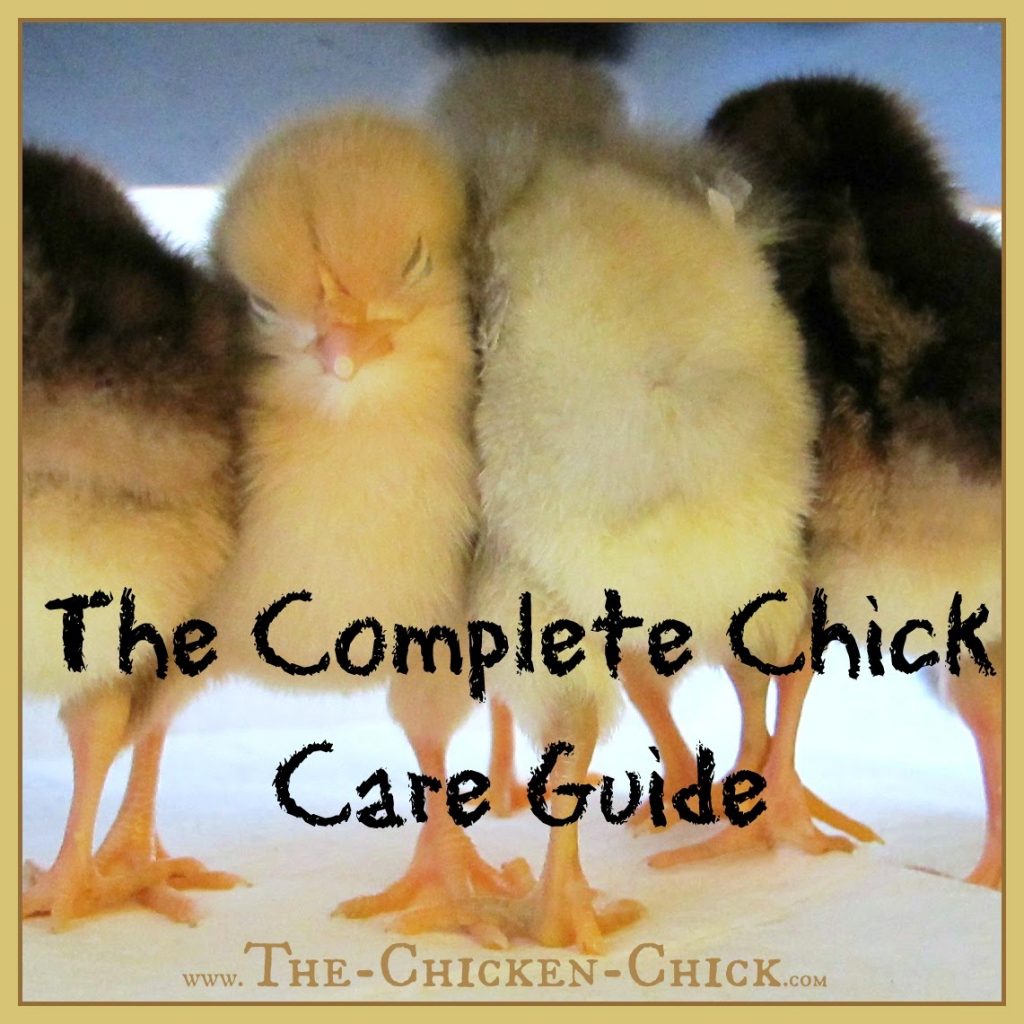
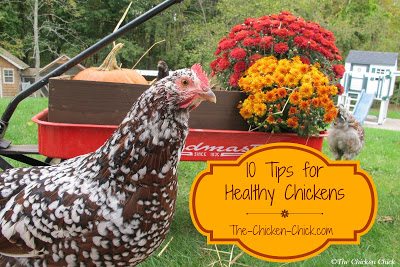
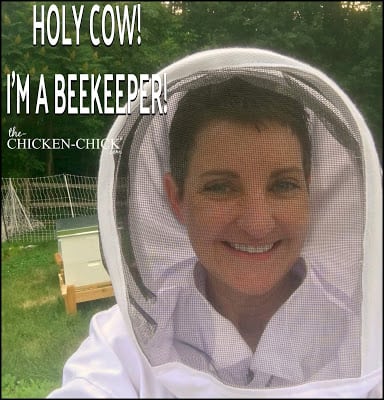









Would love to win!!!!
My hair dryer has been used more on livestock than myself!!!
Would love this for my girls :)
What a great idea!!! I am hoping to get one for my Chooks!
This looks amazing – would totally use it for my girls.